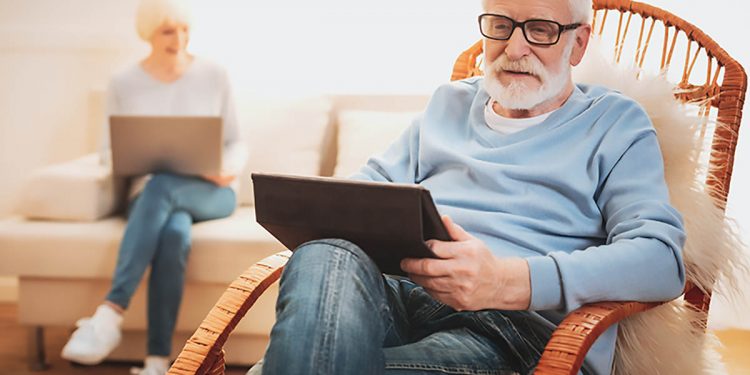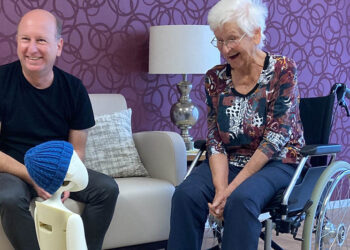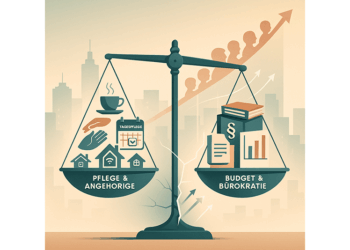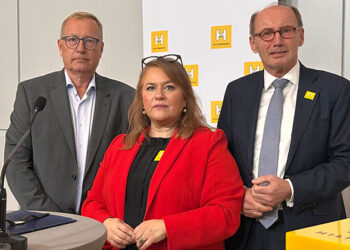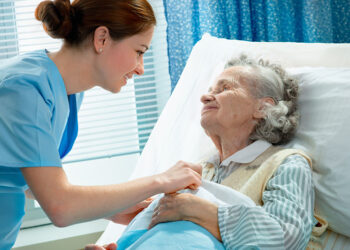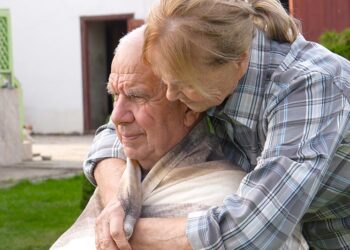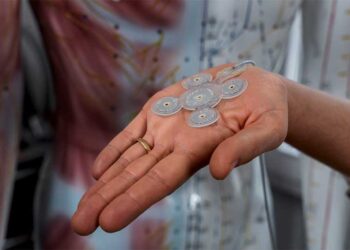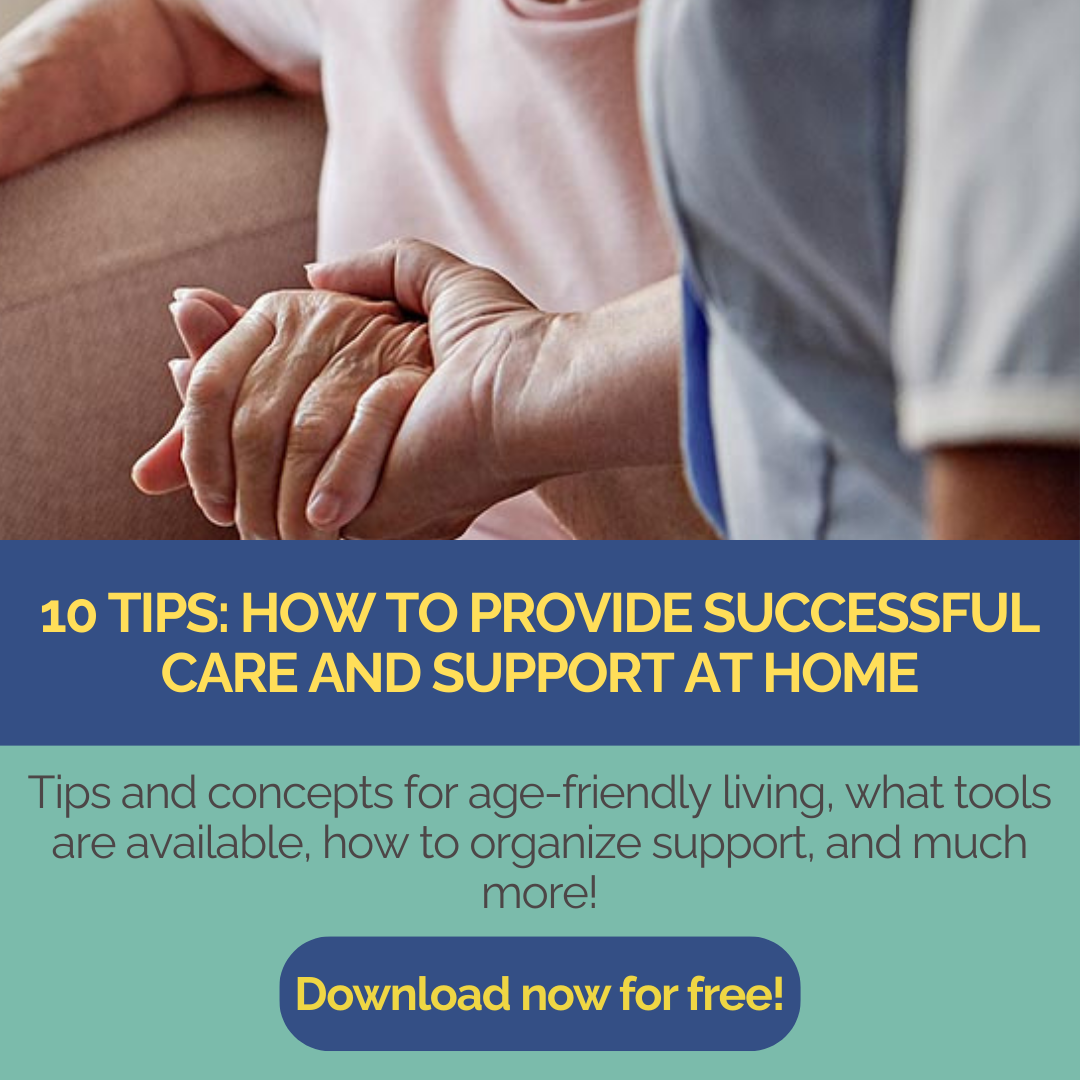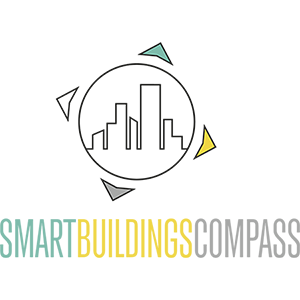In an increasingly digitalized world, it is crucial that people can find, understand and use digital health information. Digital care and support concepts relieve and support those affected, relatives and care staff in their everyday lives. Particularly important at a time when there is a shortage of skilled workers and money: self-empowerment, self-help and the ability to understand (health) information.
The study HLS19-DIGI – A New Instrument for Measuring Digital Health Literacy, published in April 2025, provides the first Europe-wide insights into the digital health literacy (DHL) of over 28,000 people from 13 countries. And it provides clear recommendations on how we can close these gaps.
What is digital health literacy?
Digital health literacy describes the ability to search for and evaluate digital health information and make it useful for one’s own life – for example when using health apps, telemedicine platforms, digital medication plans or when communicating with health services via digital channels.
It’s not just about technical skills, but also about critical thinking: What health information is reliable? Where is advertising lurking? And how do I formulate my concerns clearly in a digital portal?
Key finding: Digital health literacy has a problem
The results are a wake-up call, because on average more than a third have major problems accessing, understanding and evaluating online health information:
- A significant proportion of the population has difficulties processing digital health information.
- Particularly problematic: assessing the reliability of information – a key element in dealing with digital health services.
- Germany has the worst results of the 13 countries surveyed: Around 58% of respondents stated that they had difficulties dealing with digital health information.
- Older people, people on low incomes or with a low level of education perform significantly worse on average – a clear indication of social inequality.
The study also confirms that people with higher DHL (digital health literacy) live healthier lives, perceive themselves as healthier, and make more targeted use of healthcare services. For seniors, this means that without DHL, they cannot participate in digitally supported independence.
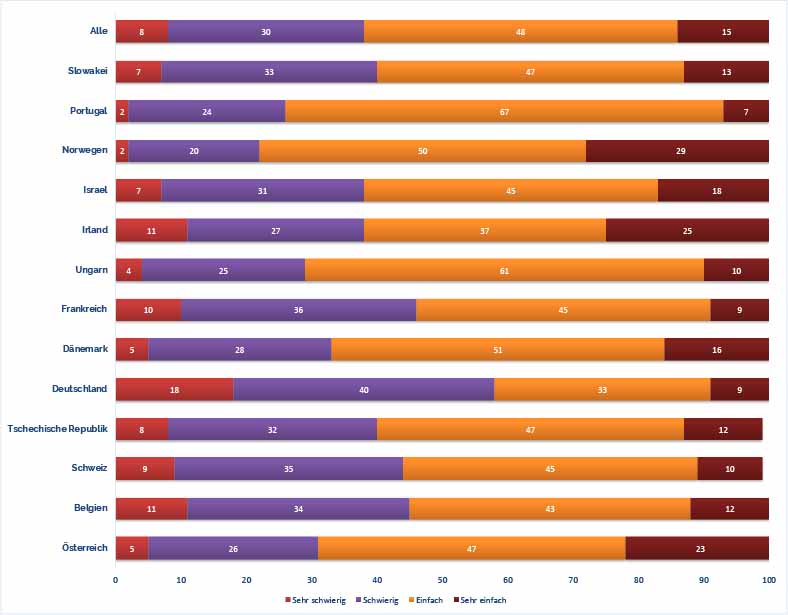
Recommendations for practice
The study proposes three central fields of action:
Promoting digital health literacy through targeted training – especially for vulnerable groups.
Quality assurance of digital health information – for example through certified platforms or comprehensible standard language.
Strengthening organizational health literacy: The housing industry, care facilities and municipal stakeholders should also include the skills of their target group in digital innovations.
Digital health literacy is a key success factor in designing smart living arrangements for older people. Only when older people can understand and use digital health information will they be able to benefit from the potential offered by these living, care, and support concepts. Because the study clearly shows one thing: Digital technologies can build bridges—or create new barriers. We are setting the course for this today.
Sources:
M-POHL Health Literacy Consortium (WHO)
Own summary & analysis
Author: Anja Herberth
Chefredakteurin

